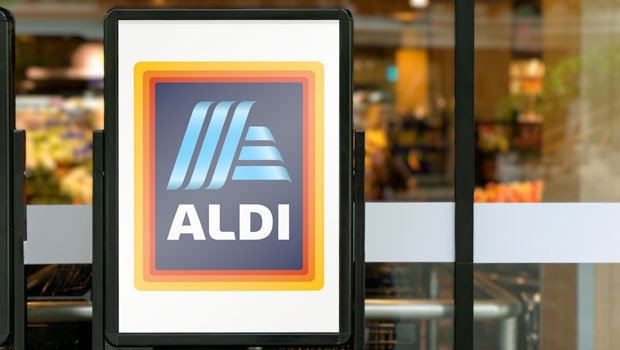UK grocery inflation slows, Aldi and Lidl take more market share

Prices at UK supermarkets rose at their slowest pace in a year last month, but that wasn't enough to stop the vast majority of shoppers worrying about the cost of their shopping.
Food & Drug Retailers
4,456.83
12:54 24/12/24
FTSE 100
8,136.99
12:59 24/12/24
FTSE 350
4,491.87
12:54 24/12/24
FTSE All-Share
4,449.61
13:14 24/12/24
Sainsbury (J)
272.00p
12:40 24/12/24
Tesco
368.50p
12:40 24/12/24
Annual grocery price inflation fell to 12.2% in the four weeks to 3 September, according to data out on Tuesday from Kantar, down from 12.7% the previous four weeks.
This marked the sixth consecutive drop in price growth and the lowest level in 12 months.
However, "12.2% won’t be a number to celebrate for many households", said Kantar's head of retail and consumer insight Fraser McKevitt.
"Our data shows that 95% of consumers are still worried about the impact of rising grocery prices, matched only by their concern about energy bills. After a full year of double digit grocery inflation, it’s no surprise that just under a quarter of the population consider themselves to be struggling financially – although this is a very slight drop compared to May.”
The rising cost of living is continuing to be seen in grocery market share data, with discount retailers Aldi and Lidl increasing their share of the market to 10.1% and 7.6%, respectively, from 9.3% and 7.1% the year before.
“We’re now marking one year since Aldi became the fourth largest supermarket in Britain and alongside Lidl, it has made some of the biggest market share gains over the past 12 months as consumers continue their hunt for value," McKevitt said.
"We expect this performance to continue as inflation remains stubbornly high, however, growth rates for both the discounters have been slowing in recent months as they annualise against rapid rises last year."
Tesco and Sainsbury still hold 27.2% and 14.8% of the market, respectively, both slightly up from the same period last year, but Asda, Morrisons, Co-op, Waitrose, Iceland and Ocado all saw market-share declines.